What are you looking for ?
Content on this site
A person on the directory
Catalog training
Content on this site
A person on the directory
Catalog training
 The “Research & Innovation For Cities & Citizens – RI4C2” project, submitted by the EC2U Alliance, is a project that has secured a prestigious 2 million euros grant as part of the Horizon 2020 “Science with & for Society” (SwafS) call for European Universities.
The “Research & Innovation For Cities & Citizens – RI4C2” project, submitted by the EC2U Alliance, is a project that has secured a prestigious 2 million euros grant as part of the Horizon 2020 “Science with & for Society” (SwafS) call for European Universities.
This ambitious project marks a collaborative effort among the universities within the EC2U Alliance, uniting their strengths to expand the Alliance’s reach into the area of Research and Innovation (R&I). With this EU-funded RI4C2 project, the seven partners share the overarching goal of cultivating a unified Pan-European Knowledge Ecosystem (PEKE), opening a new era of collaborative innovationand progress. The Johannes Kepler University of Linz joined the EC2U Alliance during the RI4C2 project in November 2023 and therefore informally participated in some of the project activities. The project is based on work packages that develop all of the components of the future PEKE and strengthen the local Knowledge ecosystems led by the participating universities.
Through meticulously planned activities in collaboration with local stakeholders, the project launched a transformation of all aspects of R&I missions at the participating universities, promoting researcher’s career development, innovation networks, Citizen Science, Open Science, shared digital platforms, the development a joint R&I agenda and cooperation among Alliances of European Universities
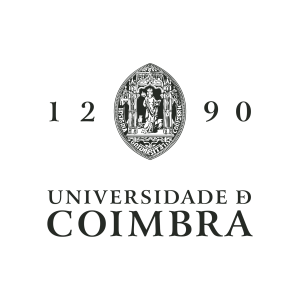
Focused on the future and recognized as a major promoter of change, the University of Coimbra has more than 7 centuries of experience in the creation and dissemination of knowledge, culture, science and technology through study, teaching, cutting-edge research and innovation in the most diverse areas of knowledge.
UC is the oldest university in Portugal and one of the oldest in the world, and its history goes back to the century that followed the establishment of Portugal itself, as it was founded in 1290. The University spread throughout the city of Coimbra, while modifying its landscape and making of it a truly City-University, where you find a cosmopolitan academy.
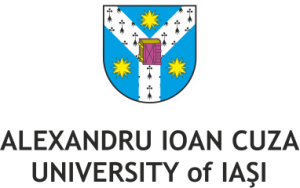
Alexandru Ioan Cuza University of Iasi, the first modern university founded in Romania (in 1860), is constantly ranked 1 – 3 among Romanian universities in terms of research, education and institutional transparency. With about 23000 students and 2000 full-time staff in its 15 faculties, our university’s academic offer includes 80 degrees at bachelor level (4 in English, 1 in French), 116 master level programmes (14 in English, 1 in French) and 27 fields of study at the doctoral level (all offered in English as well).

Founded in 1558, the Friedrich Schiller University Jena is one of the oldest universities in Germany. Once the centre of German philosophical thought, it has become a broad-based, research-intensive institution with a global reach and a thriving international community of more than 18,000 undergraduate and postgraduate students from over 110 countries worldwide.
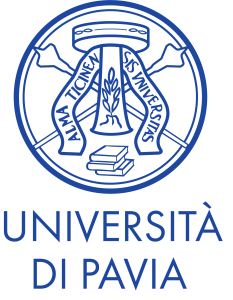
The University of Pavia (UNIPV) is one of the world’s oldest academic institutions : it was founded in 1361 and until the 20th century it was The only University in the Milan Area and the region of Lombardy.
Today it is a comprehensive university, which covers all subject areas – Science and Technology, Science Engineering, Life Sciences, Humanities and Social Sciences – and is composed of 18 Departments offering study programmes at all levels, from Bachelor’s degrees to Doctorate programmes. The academic staff counts more than 900 professors and researchers. 21,000 students, from both Italy and overseas, study at the University of Pavia.
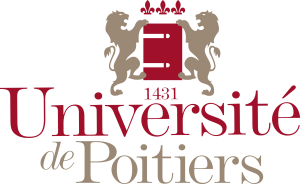
Founded in 1431, the University of Poitiers is a multidisciplinary university which enrols 29 000 students, 4200 of which are international students from 120 different countries, supervised by 2700 staff members (administrative, teaching staff and researchers). Poitiers ranks 2nd in the overall ranking of major student cities in France in 2018-2019 and is above the national average with 16% of foreign students.
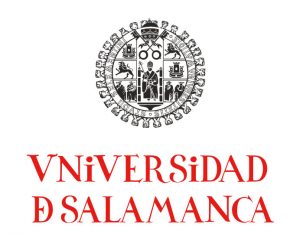
The University of Salamanca was founded in 1218 and is one of the three oldest universities in Europe, boasting a wide range of Faculties and Research Institutes in Sciences and Arts. In 2011, it was awarded the Campus of International Excellence status. It is the university of reference in its region and beyond (Castile and León) and the “Alma Mater” of nearly all historical Latin American universities.

The University of Turku (UTU) is an international research university and an active academic community of 25,000 students and staff members from over 100 different countries. The University’s main campus is located in the historical city centre of Turku – close to the unique nature and archipelago of Southwest Finland. As one of the leading universities in Finland, the University of Turku offers study and research opportunities in seven faculties and seven special units.
1) Developing a common R&I agenda and action plan
2) Strengthening human capital, enabling balanced brain circulation & gender balance
3) Sharing research infrastructures/resources
4) Reinforcing cooperation with non-academic actors
5) Mainstreaming Open Science
6) Promoting Citizen Science
7) Promoting cooperation among Alliances of European Universities